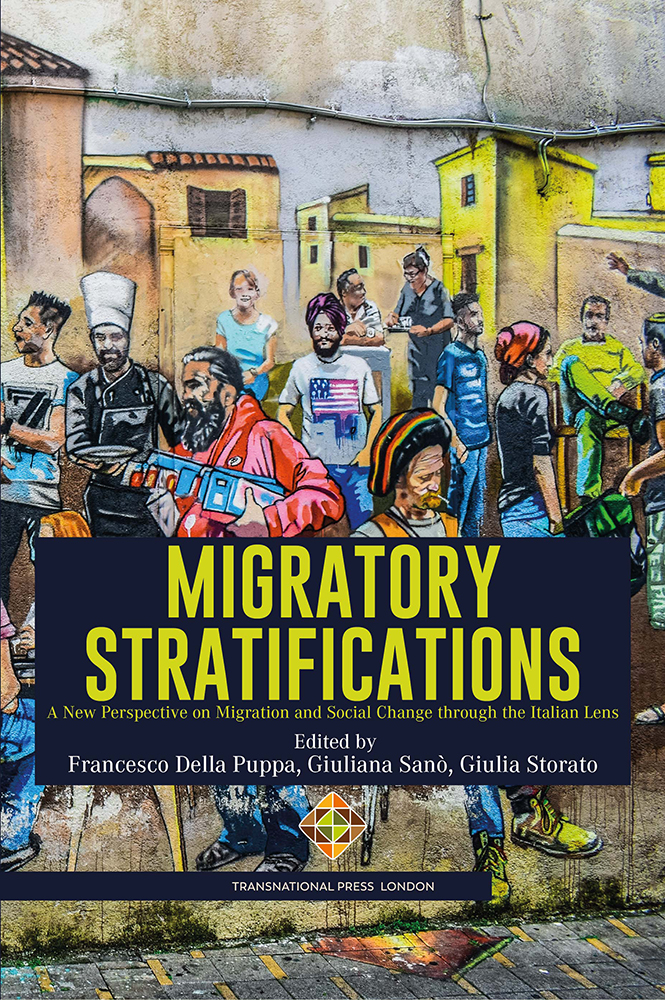Periods of Educational Welfare and Migratory Stratification. The City of Padua as a Case Study
Periods of Educational Welfare and Migratory Stratification. The City of Padua as a Case Study
Author(s): Giulia Maria Cavaletto, Martina Visentin
Subject(s): Education, Migration Studies
Published by: Transnational Press London
Keywords: Periods; educational; welfare; migratory; stratification; city; Padua; case study;
Summary/Abstract: At the heart of EU recommendations and strategies on education (European Council 2000 Lisbon Strategy; Recommendation n. 16/2022; Council Resolution on a strategic framework for European cooperation in education and training towards the European Education Area and beyond (2021-2030) 2021/C 66/01) lies the concept of lifelong learning and the increasingly necessary interpenetration between curricular cognitive competences and extra-curricular socio-emotional competences, with a view to constructing the knowledge society and developing human capital as a ‘social engine’ driving a better society (Ferrera, 2013). On the one hand, this new period of education can be traced back to the transformation of welfare systems, which began moving more toward active policies, along with a weakening of the neo-liberal Keynesian approach, and the definition of local welfare strategies and stronger links between social and educational policies (Ferrera, 2006) — policies that have historically been few, or neglected. The strengthening of educational policies would thus respond to new social needs: not only for competitiveness and wealth production, but also for social inclusion and genuinely equal opportunities for all. From this perspective, investments made by welfare states in education became an equitable measure affecting the opportunities and outcomes enjoyed by individual (especially as regards school-to-work transition, early adult years, and efforts to reduce inequalities based on ascribed variables).
Book: Migratory Stratifications. A New Perspective on Migration and Social Change through the Italian Lens
- Page Range: 79-96
- Page Count: 18
- Publication Year: 2024
- Language: English
- Content File-PDF

